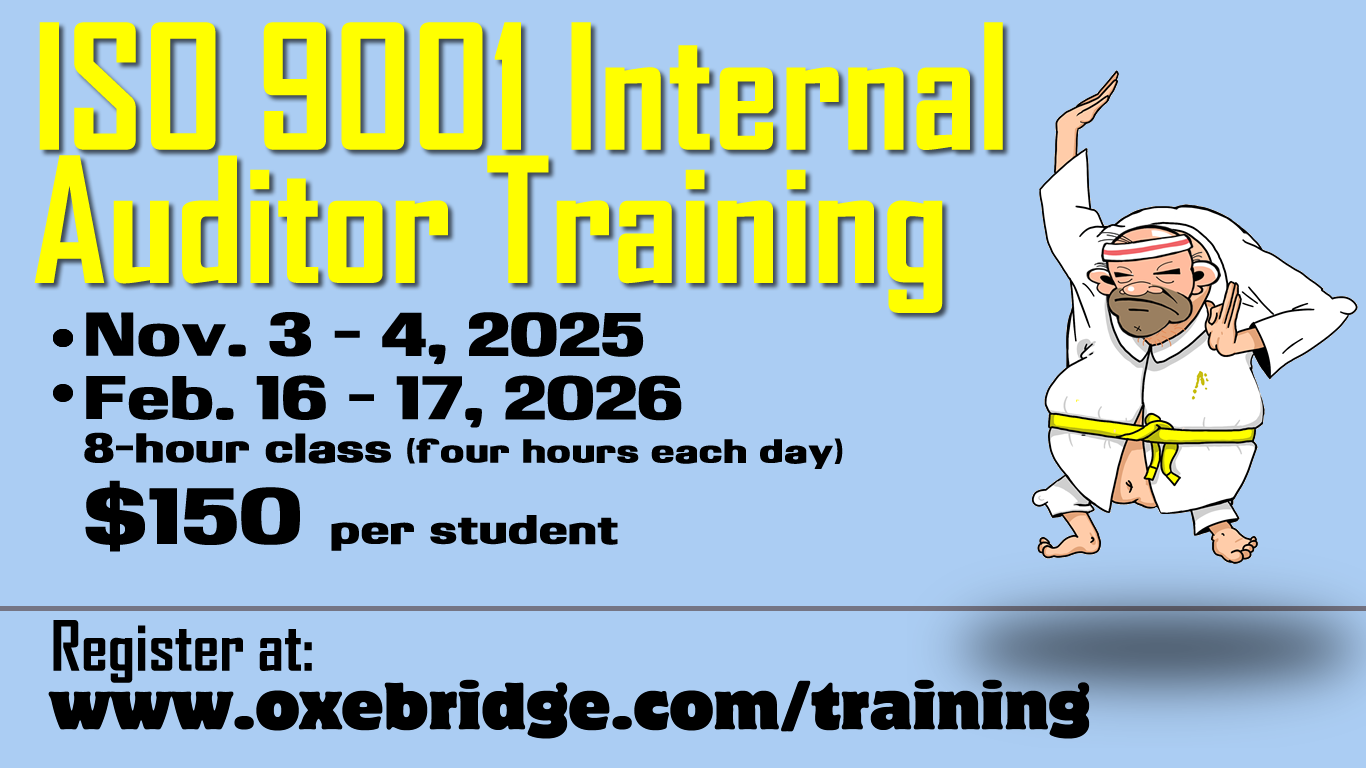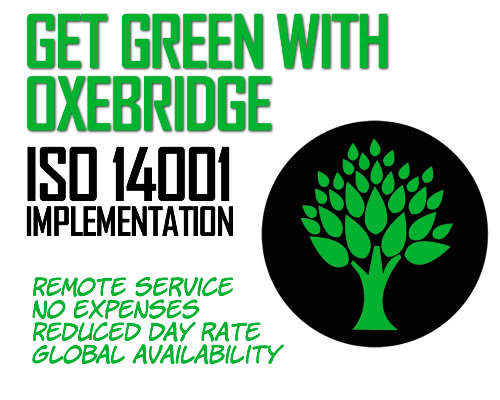As you may know,. ISO is rolling out a controversial program called “ISO Smart” in which PDF standards will be replaced by subscription-based electronic documents that are machine-readable and subject to “real-time” updates.
The program is problematic for a number of reasons. First, “real-time” updating means that ISO will stop ensuring its standards are voted on and approved by ISO member delegates, since voting on standards that might be updated daily is impossible. Next, ISO is hoping you will embed the standards themselves into your hardware and software systems, which will make the operation of your equipment dependent on the standards feeding information into them; this raises both security and reliability concerns.
The third problem is the most controversial, and borrows from a much-derided scheme adopted by ISACA for the CMMC scheme. Under the Standards-as-a-Service model, which ISO calls “STaaS,” you will pay a subscription to access standards and not be allowed to receive a physical copy or download it. Instead, you will only get access to the standard if your subscription is paid up. If you fail to pay, your rights to access the standard will be revoked, and you will be blocked from using it.
Factor that into how ISO intends to have the standards uploaded into your hardware, and a failure to pay a subscription fee could shut down actual factory equipment.
Scenario: ISO publishes a new standard on heat treating, and it is uploaded into your heat treat oven. The oven accesses the machine-readable text and sets the ramp and soak times accordingly. If you don’t pay your subscription, your heat treat oven is bricked. It will stop operating.
ISO has insisted that this was a demand raised by customers, but of course, they are lying, as usual. In a poll run on LinkedIn, we asked if anyone had asked ISO to implement these features. With just under 1000 respondents at press time (the poll is still running), a whopping 94% said they never contacted ISO about this at all, and certainly never requested it. Of those, 26% responded that they had never even heard of ISO Smart.
The move is a joint project by ISO and its sister publisher, IEC. A while back, I asked one of the heads of the ISO Smart program, IEC’s Head of Sales and Business Development, Guilaine Fournet, to explain how standards can be voted on and still be updated in real time, and she simply said she’d answer the question later. That was back in November of 2023, and neither ISO nor IEC has come forward with an answer.
The move shows that ISO is no longer operating as a not-for-profit NGO as it claims, since it’s adopting the worst commercial practices of scammer for-profit companies. Stripping away the rights of ISO members to vote, of subject matter experts to weigh in, and of users to buy and own copies of their standards are all things that companies do when in the final throes of a failed business model.
So when ISO tells you that they did all of this because of user demand, you will know the truth. They lied.
Christopher Paris is the founder and VP Operations of Oxebridge. He has over 35 years’ experience implementing ISO 9001 and AS9100 systems, and helps establish certification and accreditation bodies with the ISO 17000 series. He is a vocal advocate for the development and use of standards from the point of view of actual users. He is the writer and artist of THE AUDITOR comic strip, and is currently writing the DR. CUBA pulp novel series. Visit www.drcuba.world







